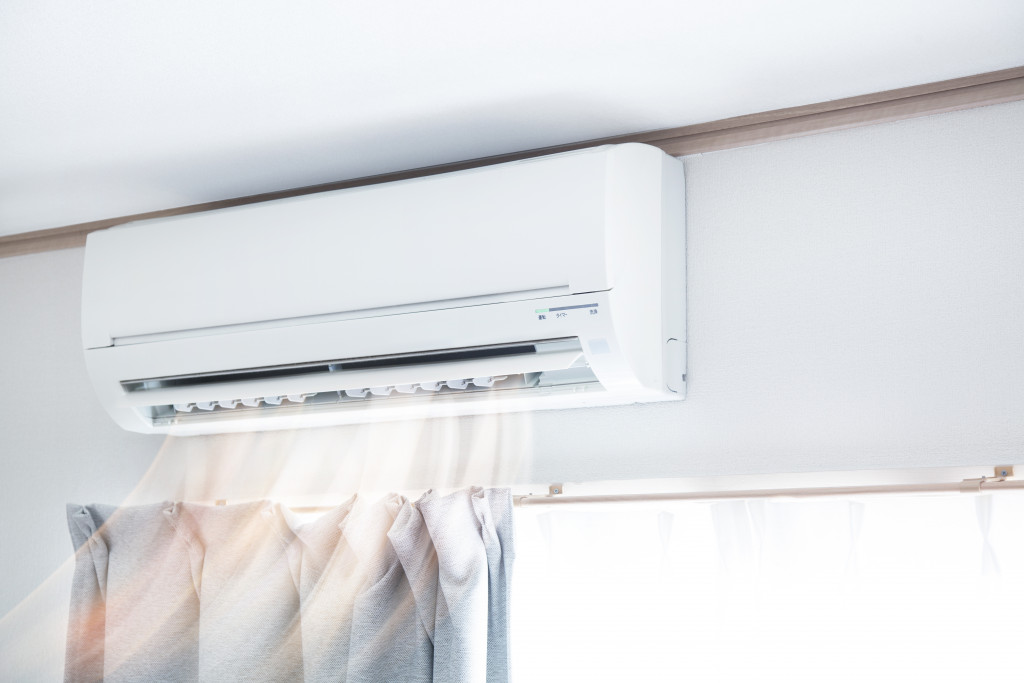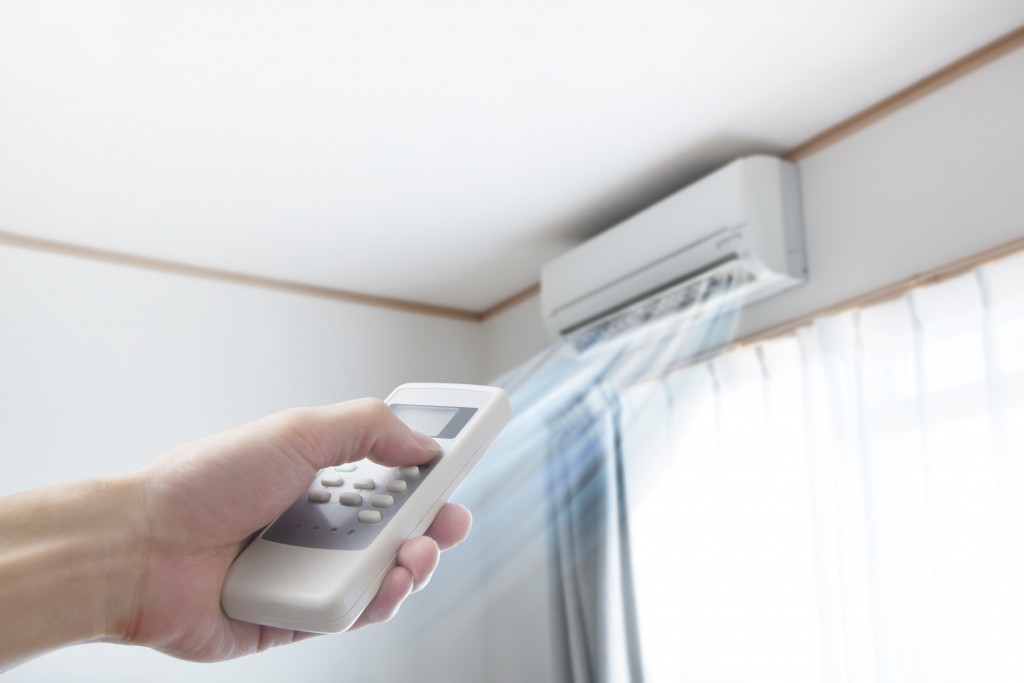Now that it’s summer in many countries, A/Cs are most likely running all day at full blast again. And with stay-at-home orders still in effect, families are holed up inside their abodes, with little kids playing around indoors, and their parents working on couches or in the kitchens. But at least, they’re being comfortable because of the cool air.
However, you may have heard of the claim that A/Cs may contribute to viral spreads. Which is such a bummer to hear if you’ve just bought a new unit and availed of a reliable air conditioning installation service. But before turning off your A/C and enduring the sweltering heat, let’s run through the facts below first:
Running Your A/C Is Fine If Everyone in the Family Is Healthy
When nine people contracted the virus after dining at a restaurant in China, it was implied that the establishment’s A/C has helped spread the viral particles. However, it was also found that the infected droplets didn’t blow far; out 83 people in the restaurant, only 9 got sick.
Some experts advise that A/Cs must be turned off and that windows must be opened to reduce the likelihood of viral infections. But if everyone in your home is healthy, there’s no need to do this. It’s still safe to run your A/C, as turning it off during a hot weather won’t be a realistic option. Other circumstances, such as someone having asthma or seasonal allergies, also make opening the windows an unhealthy option.
But if a family member of yours fell sick, you don’t have to turn off your A/C, either, as long as you isolate that person. Simply confine them in a separate room with its vent sealed off, so that your A/C wouldn’t absorb and spread the sick person’s viral particles.
Don’t Set the Thermostat Too Low

One of the most common mistakes people do with their A/Cs is setting its thermostats too low. With heat waves during summers tending to be intense, it’s really tempting to do this. However, this habit only racks up your electricity bills, and potentially harms the environment. Moreover, viruses thrive in the cold, and lose their infectivity in warmer temperatures.
Hence, keep your thermostats in the 70s. Research revealed that the human body is actually capable of adapting to hot and cold temperatures quickly. As such, you’ll only sweat for a short period of being exposed to warmer air, and it will be worth it.
Change the Filters Regularly
Dirty air filters can lead to poor air flow, which contributes to viral infections. Be sure to change your A/C’s air filters as often as needed, which is typically once every three months, or once a month during summer.
Neglected air filters may also freeze up the evaporator coils and increase your electricity bills by 5% to 15%. Moreover, it may shorten the lifespan of the whole system. So maintain your A/C well, as expenses for repairs can be a pain while there’s a pandemic.
Wearing Masks and Social Distancing Are Still More Important
According to Dr. William Schaffner, an infectious disease expert from Vanderbilt University Medical Center in Tennessee, there is only one report so far from a so-called airborne transmission by A/C units, and it’s likely to be a very odd event. People have been going to pharmacies and other commercial establishments for some time now, and the U.S. hasn’t received reports yet of infections being attributed to air conditioning.
Dr. Schaffner pointed out that wearing masks and good hand hygiene are still more important. And of course, social distancing must be observed, so that droplets wouldn’t be transmitted from person to person.
To sum it all up, your A/C at home is completely safe to use as long as your entire family is healthy. Just limit going out, and always listen to the advice of health experts.

